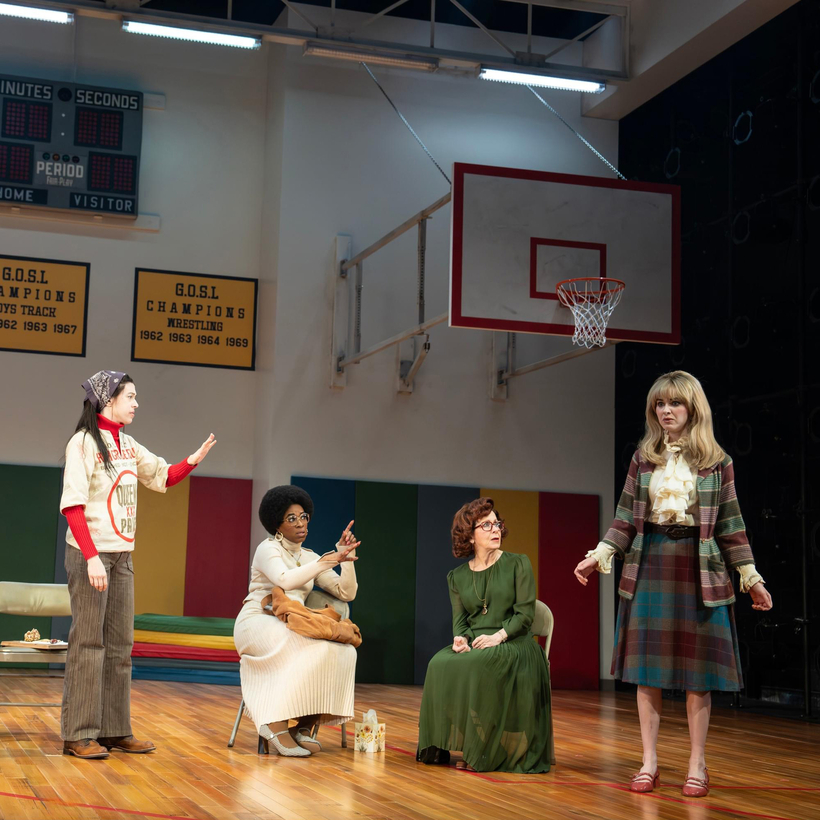One of Bess Wohl’s earliest memories is of her mother taking her to work and dropping her off in a room at the office with wall-to-wall shag carpeting, where she played gender-neutral games with other toddlers. It was the late 1970s in New York City, and the “tot lot” was at Ms. magazine, where Wohl’s mother, Lisa Cronin Wohl, worked as a writer.
Wohl grew up in the womb of the sisterhood around feminist icons and activists who were her mother’s friends. Now 49, she has turned the conversations that played as the background soundtrack of her childhood into a powerful new play about the women’s movement, Liberation, which officially opened at the Roundabout’s Laura Pels Theatre, in New York, this past Thursday.


